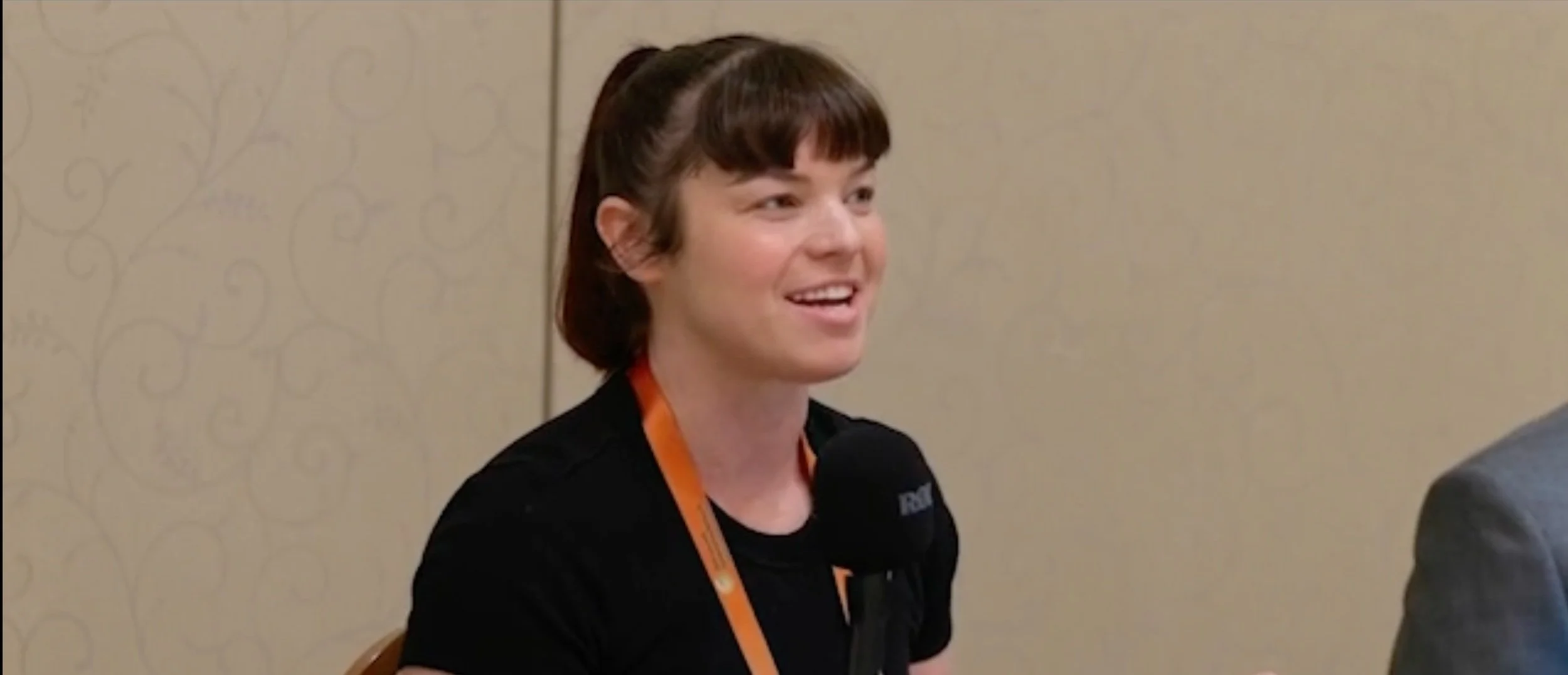Metrics that Matter: Charting New Economic Development Benchmarks | Cityscapes Insights Series
Written by Betsey Suchanic
This insight piece, written by an NGIN advisor, is based on sessions led by speakers from various organizations at the Cityscapes Summit 2024.
In May, NGIN hosted our inaugural Cityscapes Summit, which brought economic development and community development practitioners together from across the country to ignite inclusive economies. At the Summit, there was a track of sessions dedicated to “Reimagining Systems’ which sought to look at the systemic structures that produce and exacerbate economic inequities and discuss powerful, systemic solutions to address them. One of these sessions took a deep dive into how data and metrics can be a catalyst for systemic change.
This session, titled Metrics that Matter, served as a powerful reminder of just how critical we should consider the measurement of progress in our work, including digging into everything from what we measure to how we measure. The session moderator was Dr. Randal Pinkett, NGIN board member and Chairman and CEO of BCT Partners. He was joined by panelists, Chelsea Talbert, Strategist at the City of Tacoma, Todd Greene, Vice President and Executive Director of WorkRise at the Urban Institute, and Kenton Spencer, Executive Director of DataWorksNC.
Dr. Pinkett kicked off this session by reminding us just how high the stakes are in our work:
You are well aware, as I am, that equity and inclusion are under attack. And I would argue … that metrics matter now more than ever.
-Dr. Randall Pinkett
What became clear from the fact that audience members sneaked into the back of the room to find a wall to lean against or sat on the floor to listen is that there was an appetite to discuss data and metrics. Dr. Pinkett even said that during the panel discussion when he asked the panelists, “Why is this work important? I would argue we don’t talk about this enough.” And each panelist nodded along with that sentiment. What followed was a powerful discussion of how we use data as a tool, how we can look at data through an equity lens, and what this work can look like going forward. Some key themes and examples that came up from this conversation are:
Asking the right questions about the issue and using the right framework to understand data is just as important as the data itself.
Each panelist shared how important it is to make sure we are approaching the issue and the question with the right metrics, not just the ones we have always used. Kenton shared that, for example, if we approach the issue of affordable housing through just an economic perspective then we are only asking questions about supply and demand. However, that means we would be missing the intersection of many other issues that are compounded by housing, such as income and wages, transportation access, and beyond. As we consider the myriad of factors that impact equitable economic growth, we need to use a more nuanced lens to understand how interconnected these indicators may be.
We need to break down data silos in our cities and organizations.
All the panelists discussed the challenges of data silos, or the limits of the narrow data we have within single governmental units or our organization. They spoke to the need to look outside of these silos to understand how interconnected many topics and issues are, particularly as they relate to economic equity. They reminded us that by breaking down silos, you can better understand how this data can be linked together or tell a more complete economic story (and identify creative solutions!).
Data is a powerful tool for storytelling, but the right metrics need to be part of that story.
Chelsea aptly shared, “The data is a method to share our story. It’s about the data, but it’s about the story that it paints for us.” Todd shared a profound illustration from where he lives, in the City of Atlanta, and the story of “incredible growth” over the last 25 years. However, he pointed out that when you look at the economic outcomes of local long-time city residents, you don’t see that growth mirrored in their reality. Instead, there is a troubling story, illustrated through data, showing that these communities have, as Todd said, “have not only not grown, but have actually atrophied.” Atlanta is an example of while we celebrate tremendous investments and economic successes, we need the right data to understand who is benefiting from this growth and to craft solutions to ensure that long-term city residents can benefit.
We need to make investments in local data capacity to incorporate residents.
Kenton shared about their model at Dataworks NC, the only community-based data intermediary in all of North Carolina, and described their model, part of the larger National Neighborhood Indicators Partnership network, as “drawing upon the lived experience of the community.” The way they approach data is with the involvement of residents that are closest to these economic challenges, otherwise you lack the full picture of why those disparities exist. Kenton challenged session attendees to look at how they include the community in data and metrics efforts that can create real, impactful change. He asked, ‘We create studies, but does it change lives?”
We need to take action to change how we measure and make decisions.
What felt most inspiring to me hearing these panelists not talk about these metrics and data in theory, but rather about actual tools they are implementing. From Tacoma’s Equity Index to Dataworks NC’s analysis of evictions in Durham, these examples illustrate that if we don’t take the initiative to identify and change the metrics we’ve always used, nothing will change. It’s up to us as practitioners to define what equitable economic success is and change our systems to measure those, rather than expecting an answer from elsewhere.
As you think about your next project and the metrics associated with it, I challenge you to use three questions that Kenton shared on the panel at every stage of planning and implementation:
Who does it benefit?
Who does it burden?
Who does it harm?”
You can watch the entire panel discussion at the below!
Additional resources mentioned by the panelists are:
Want to watch sessions and view presentations from the Cityscapes Summit 2024?
You can now access a selection of recordings, presentations, downloadables and book recommendations from the summit on our post-event resources page.



